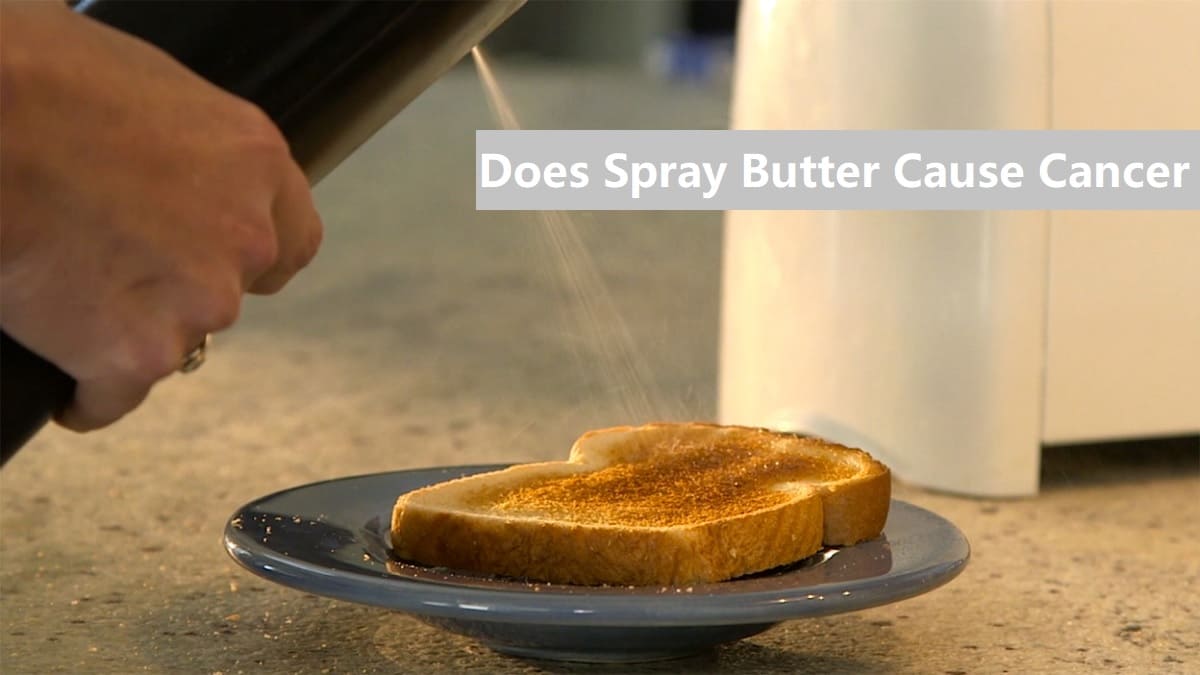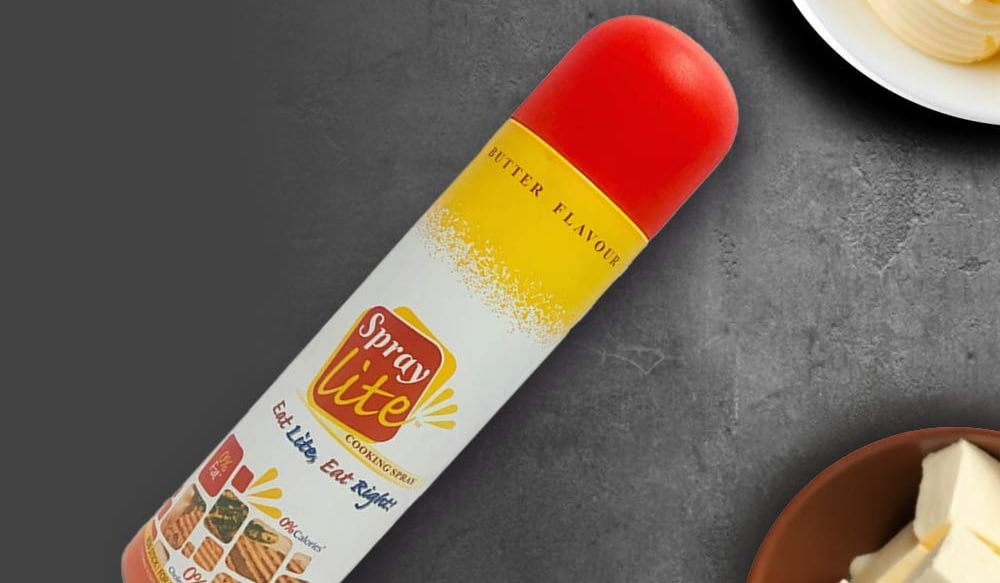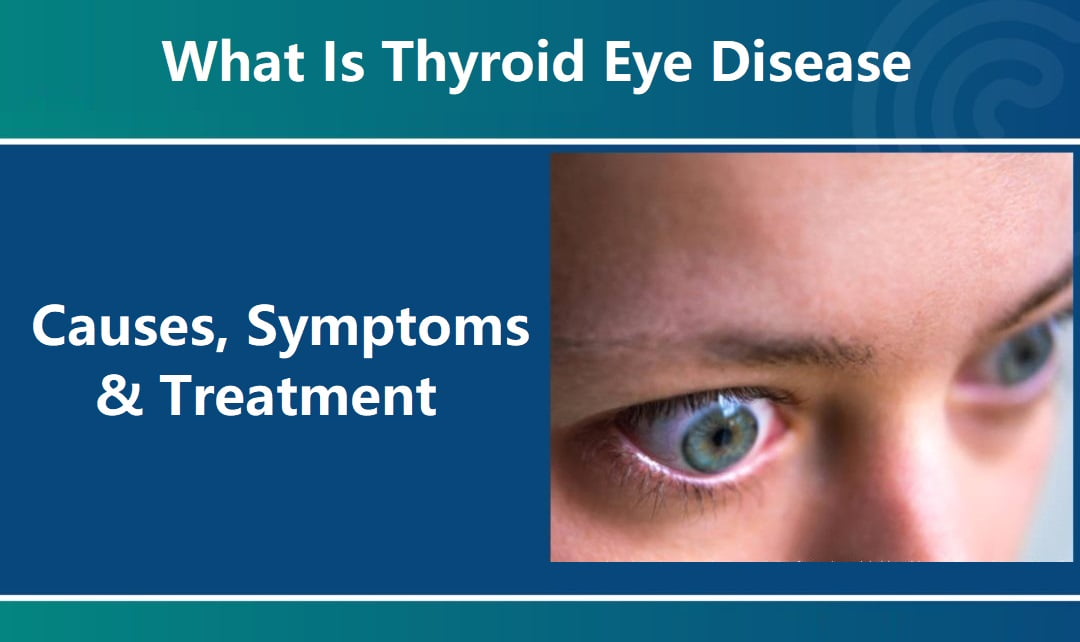Does Spray Butter Cause Cancer? | Find the Truth Behind the Myths 2025

Spray butter has become a popular alternative to traditional butter for people who want the flavor of butter without all the calories and fat. But along with its rise in popularity, questions about its safety have surfaced. One of the most common concerns is whether spray butter can cause cancer. This article breaks down what spray butter actually is, its ingredients, the science behind cancer risks, and what you should know before adding it to your diet. We’ll also answer common questions and share practical advice so you can make an informed choice.
Disclaimer: This article is for informational purposes only. It is not medical advice. Always consult a healthcare professional or registered dietitian before making changes to your diet or lifestyle.
What Exactly Is Spray Butter
Spray butter is basically a butter-flavored spray that you can spritz onto food instead of spreading real butter. Most brands market it as a low-calorie or even zero-calorie alternative to traditional butter. The idea is simple: spray a little on popcorn, veggies, or bread and get that buttery taste without loading up on fat or calories.
But here’s the catch. Spray butter is not just butter in a can. It is a blend of water, oil, flavorings, salt, preservatives, and sometimes artificial coloring. Because of its unique makeup, it is closer to a butter-flavored oil spray than actual butter. That means what you are eating is a mixture of chemicals and additives designed to taste like butter but not behave like butter.
Read More: Treatment of Emotional and Behavioral Disorders
Why Do People Worry About Cancer and Spray Butter?

Whenever a food has additives, artificial flavorings, or preservatives, the question of cancer risk comes up. That is because certain chemicals have been linked to cancer in lab studies, and people naturally wonder if spray butter could fall into that category.
Add to that the fact that spray butter is often marketed as “zero calorie,” even though it technically has calories if you use more than the suggested serving size. This has made people suspicious of whether the labeling is misleading and whether hidden risks exist.
The Key Ingredients in Spray Butter
To figure out whether spray butter could cause cancer, we need to look at what is actually inside it. While recipes vary by brand, most spray butters include the following:
- Water: Used as a base to dilute fat and make the spray lighter.
- Vegetable oil: Often soybean or canola oil, which provides some of the buttery texture.
- Artificial flavors: These mimic the taste of butter.
- Salt: Adds flavor.
- Coloring: Sometimes beta carotene or artificial dyes are added to make it look more like butter.
- Preservatives: Ingredients like citric acid or sodium benzoate extend shelf life.
- Emulsifiers: Help water and oil mix together.
None of these ingredients alone screams “cancer-causing” in small amounts. The real concern comes from how they are processed, the presence of artificial additives, and how often you consume them.
Artificial Flavors and Cancer Risk
Artificial flavors are often a mystery since companies rarely disclose the exact formula. These flavorings can be made from a variety of chemicals that are generally recognized as safe (GRAS) by the FDA.
But does that mean they are completely safe long term? Not necessarily. Some lab studies suggest that prolonged exposure to certain synthetic compounds may increase cancer risk in animals. The problem is, those doses are much higher than what humans would normally consume through food products like spray butter. So while the theoretical risk exists, there is no direct evidence that spray butter’s flavorings cause cancer in people.
Preservatives in Spray Butter
Many spray butters use preservatives like sodium benzoate. On its own, sodium benzoate is considered safe in small amounts. But when it combines with vitamin C, it can form benzene, a known carcinogen. This has raised eyebrows in the health world.
Still, most spray butters do not contain high levels of vitamin C, so the likelihood of benzene forming inside the bottle is very low. Regulators also monitor levels carefully to keep them within safe limits.
Vegetable Oils and Processing Concerns
Spray butter often relies on processed vegetable oils. Some people worry about trans fats, which are linked to heart disease and cancer risk. The good news is that most major brands have eliminated trans fats from their formulas due to FDA regulations.
However, highly refined oils can still contain small amounts of compounds formed during processing that are not exactly healthy. While these are not direct cancer triggers, a diet heavy in processed oils can contribute to inflammation in the body, and chronic inflammation is linked to cancer development.
The Zero Calorie Labeling Trick
Another thing that makes people suspicious is the zero-calorie” claim on spray butter bottles. The FDA allows manufacturers to round down to zero if a serving has fewer than five calories. Since one spray is such a tiny amount, the label can legally say zero calories. But if you spray generously over a meal, the calories can add up.
Does this relate to cancer? Not directly. But misleading labeling can cause people to overconsume, leading to unhealthy weight gain. Being overweight is a proven risk factor for several cancers, including breast, colon, and pancreatic cancer. So indirectly, relying too much on “zero-calorie” spray butter could contribute to cancer risk.
What the Science Actually Says
Here is the bottom line: there is no solid scientific evidence that spray butter directly causes cancer. The ingredients it contains are mostly recognized as safe when consumed in small amounts. That said, research on long-term exposure to artificial additives is still ongoing.
Most health experts agree that moderation is key. A spritz here and there is unlikely to hurt you. But if you are using half a bottle every week, you are consuming a lot of artificial compounds and processed oils. Over time, that might increase health risks indirectly.
Healthier Alternatives to Spray Butter
If you want to play it safe but still enjoy buttery flavor, there are plenty of options:
- Real butter in moderation: Yes, it has calories, but it is a natural product.
- Olive oil spray: A healthier fat option with fewer additives.
- Homemade butter spray: You can melt butter, dilute it with water, and put it in a spray bottle.
- Avocado oil spray: Contains heart-healthy fats without artificial flavoring.
These options may not taste exactly like the big brand spray butter, but they give you control over what goes into your body.
Does Spray Butter Cause Cancer? The Balanced View
If you are worried about whether spray butter causes cancer, the best answer is: probably not directly, but it is not the healthiest choice either. Cancer risk comes from many factors, including genetics, lifestyle, and diet as a whole. Spray butter on its own is unlikely to be the smoking gun.
The real concern is the overall pattern of relying heavily on artificial foods. If your diet is packed with processed items, your risk is naturally higher. Spray butter just happens to be one piece of that puzzle.
FAQs
1. Is spray butter healthier than real butter?
It depends. Spray butter is lower in calories per serving, but real butter is more natural and free of artificial additives. If you use butter sparingly, real butter may actually be the better choice.
2. Can spray butter cause cancer directly?
No evidence that spraying butter directly causes cancer. Some ingredients, like preservatives, raise theoretical concerns, but they are used in regulated amounts considered safe for humans.
3. What are the hidden risks of spray butter?
The biggest hidden risks are overconsumption due to “zero-calorie” labeling and relying too much on artificial ingredients. This could contribute to weight gain and poor nutrition over time.
4. Are there any safe alternatives to spray butter?
Yes. Olive oil spray, avocado oil spray, or small amounts of real butter are good options. You can also make your own butter spray at home with simple ingredients.
5. How much spray butter is safe to use?
Occasional use is fine. If you are using small amounts a few times a week, it is unlikely to cause harm. The problem arises when it becomes a daily staple in large quantities.
6. Why does spray butter say zero calories if it has oil in it?
The FDA allows rounding down if a serving has fewer than five calories. One spray is so small that it qualifies as zero. But using many sprays at once does add up in calories.
7. Does heating spray butter release harmful chemicals?
Most spray butters are safe to use on warm foods, but cooking with them at high heat could degrade oils and create unwanted compounds. It is best to use spray butter for flavoring rather than frying or baking.
8. Should children eat spray butter?
Children should not rely heavily on processed foods. While small amounts are not harmful, healthier fats like olive oil or real butter in moderation are better options for kids.
Conclusion
So, does spray butter cause cancer? There is no strong evidence to suggest it does. The ingredients are generally recognized as safe, and the cancer concerns come more from speculation than hard science. That being said, spray butter is a processed product filled with artificial flavors and preservatives. Using it occasionally is fine, but it should not be the backbone of your diet.
If you enjoy the convenience and taste, use it sparingly. But if you are aiming for long-term health and lower cancer risk, stick to natural fats like olive oil, avocado oil, or small amounts of real butter. Your body will thank you in the long run.



